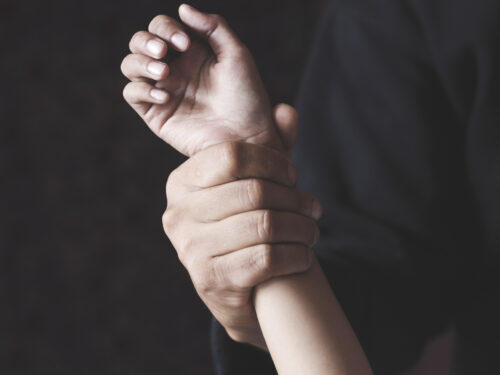
Unfortunately, many foreign nationals who immigrate to the U.S. feel trapped in their marriages. Beyond just the emotional constraints of such a union, the added legal fears of deportation from an abusive U.S. citizen or permanent resident spouse can make the situation all the more distressing. According to research, immigrant women experience abuse at two times the rate of the general U.S. population. Due to the abuse rates among immigrant women, Congress enacted The Violence Against Women Act (VAWA) to offer a pathway to safety and legal status independence from abusive spouses. If you find yourself in this situation, there are legal steps you can take to maintain your immigrant status. Please continue reading to learn the basic requirements for eligibility to file a battered spouse petition and how an experienced New Jersey Immigration Lawyer can help protect your rights.
What is the Violence Against Women Act (VAWA)?
In 1994, Congress passed the Violence Against Women Act (VAWA), which allows immigrants who are the victims of abuse the opportunity to self-petition to receive lawful permanent residency (LPR) in the U.S. without their abuser’s knowledge, consent, or participation. This federal law gives relief to non-citizens who are victims of dating violence, domestic violence, stalking, and sexual assault from facing the threat of removal proceedings. Ultimately, VAWA allows non-citizens to file an immigration petition to pursue independence and safety from their abusers.
Who is Eligible to File a Battered Spouse Petition?
To be eligible to file a self-petition under VAWA, you must be the spouse or child of an abusive U.S. citizen or permanent resident. The intending self-petitioner must prove that they were subject to extreme cruelty or battery committed by either:
- A U.S. citizen spouse or former spouse
- A U.S. citizen’s son or daughter
- A U.S. citizen parent
- An LPR spouse or former spouse
- An LPR parent
Many non-citizens worry that not having a police report documenting the abuse will prevent them from qualifying for a VAWA self-petition. However, because many victims are fearful of calling the police as it can lead to further abuse, failing to file a police report does not preclude them. Nevertheless, the intending self-petitioner must prove they were in a qualifying relationship. The following includes the basic requirements:
- The marriage was entered into in good faith
- The abuse occurred during the marriage
- The marriage is still valid, or was it terminated less than two years before self-petitioning
- The abuse must’ve occurred within the U.S.
- The self-petitioner lived with the abuser
- The self-petitioner must provide evidence of “good moral character” (criminal record or immigration transgressions)
It’s crucial to note that there are certain expectations to arrest or transgressions that may be waived if the self-petitioner can demonstrate these acts were connected to the abuse they suffered.
If you’re in an abusive relationship, please don’t hesitate to contact a compassionate lawyer from the Law Offices of Aditya Surti, LLC, who can help you navigate this difficult time and safeguard your rights.